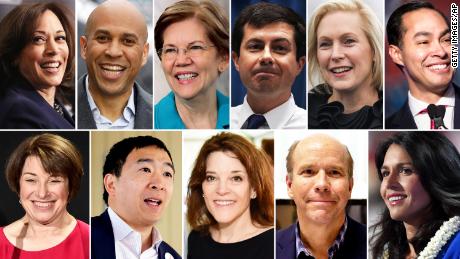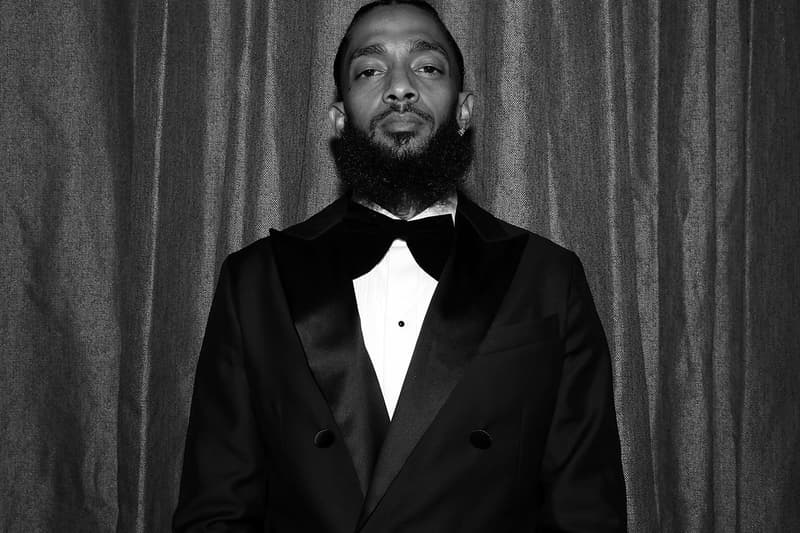Sorry about the lack of posts, but ya boy just got a new apartment with my brother, so I been moving, working, and still trying to keep up with all the f*ck sh*t going on in society. I have plenty to write about, so strap in.
First, Trump vetoed the joint resolution to end the unconstitutional war in Yemen. Anybody surprised?
Second, I’ve been helping my lady friend write an essay for a college course, and our subject is “Campaign Finance Reform”, and I’ve actually learned way more than I already knew, and boy oh boy is it worse than I thought.
Third, RIP Nipsey. Do you all see the positive change that has happened since his untimely passing? The Bloods, Brim’s, and Piru’s are all on one accord, the Neighborhood/Gangster Crip sets have squashed issues that have been going on since the 70’s, and both sides have decided to attempt peace. They have marched together down Slauson (Nip’s NeighborHood), and people from all sides have been at the memorial in front of the Marathon Clothing Store, where Hussle was murdered by a snitch from his own set.
Let’s get into the campaign finance reform though, as I had a pretty good grasp on how it worked when it comes to the obvious (I do secret speeches for industries and then vote for policy in favor of said industries, or certain industries/interest groups give me a lot of money for my campaign and then I vote in favor of said industries/interest groups), but I forgot all about dark money.
All those ads from random, ambiguous groups that “aren’t affiliated” with any campaign, but have a clear agenda of producing negative ads, often times outright lies and smears, against a particular political party, movement or candidate.
According to the always trustworthy Wikipedia:
“In the politics of the United States, dark money refers to political spending by nonprofit organizations—for example, 501(c)(4) (social welfare) 501(c)(5) (unions) and 501(c)(6) (trade association) groups—that are not required to disclose their donors.[3][4] Such organizations can receive unlimited donations from corporations, individuals and unions. In this way, their donors can spend funds to influence elections, without voters knowing where the money came from. Dark money first entered politics with Buckley v. Valeo (1976) when the United States Supreme Court laid out Eight Magic Words that define the difference between electioneering and issue advocacy.”
In that paragraph, the key phrase is “are not required to disclose their donors.” Meaning, if I want to donate Millions and Millions of dollars to a specific Super PAC who is endorsing a specific candidate, I can do that and it’s NOT illegal. Remember, the cap to donate to politicians directly is $2,700. So, although Super PACs TECHNICALLY are not allowed to coordinate directly with the campaigns of the candidates, if you think that ISN’T happening, you are simply just naïve.
So then what happens? Billions of dollars get spent by un-named, un-elected rich muhfuggas on ads, and that money often times is the clearest indicator of who is going to win an election. Why is this important? Because if we don’t know who is essentially controlling all of the money in politics, then we can’t know who is expecting favors from public officials. Hence the Princeton University study that concluded that the United States functions more as an oligarchy than a democracy.
So what do we do with this? You can join Wolf-PAC, whose whole purpose is trying to create a constitutional amendment to get money out of politics. You can run for office or help to support members of Justice Democrats, Our Revolution, PCCC, and many more organizations who’s whole purpose is rejecting big money contributions and working towards clean, publicly financed elections. Only then, will policy match the polling data regarding what the American people want. Until then, the top 1% will continue to run sh*t.



